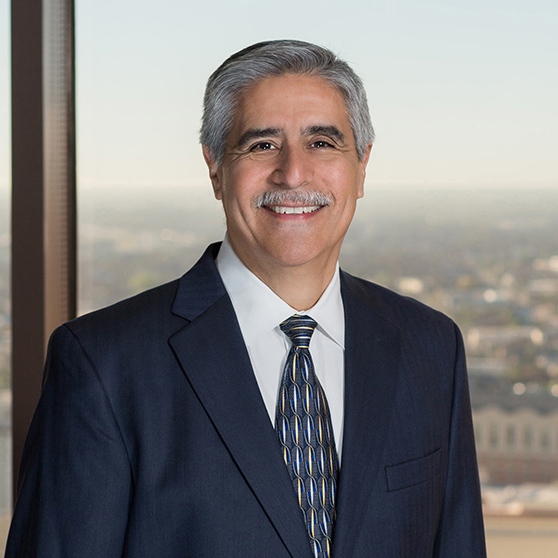By Rick Garza and Judy Bennett Garner
On August 1, 2019, paid sick leave ordinances in Dallas and San Antonio are scheduled to take effect. Until recently, it was believed that a law would be passed during the most recent Texas legislative session to preempt local paid sick leave ordinances. In fact, a bill was introduced during the legislative session, which attempted to prevent local governments from enforcing ordinances regulating a private employer’s terms of employment relating to any form of employment leave, including sick leave. The bill ultimately failed after language meant to protect local anti-discrimination ordinances from preemption was removed. Consequently, the Texas legislature will not have an opportunity to address the sick leave preemption issue until the next legislative session, beginning in January 2021. While it is possible that legal challenges to the ordinances may be asserted, there is no guarantee that court intervention will be obtained before August 1, 2019. In the meantime, Dallas and San Antonio employers must take steps necessary to revise current sick leave and paid time off policies or implement a paid sick time policy to ensure compliance with the ordinance.
The Dallas and San Antonio ordinances are quite similar. Below is a brief summary of the significant requirements:
- Employers must permit eligible employees to accrue paid sick leave at a rate of one (1) hour per every thirty (30) hours worked.
- Eligible employees are any employees who have performed at least eighty (80) hours of work for pay in a year for an employer within Dallas or San Antonio, including work performed through a temporary or employment agency.
- Employers with sixteen (16) or more employees may cap the accrual of paid sick leave at sixty-four (64) hours per year. Employers with fifteen (15) or less employees may cap the accrual of paid sick leave at forty-eight (48) hours per year.
- Eligible employees may carry over up to the yearly cap of earned paid sick leave to the following year, unless the employer makes the yearly cap of paid sick leave available to eligible employees at the beginning of the year.
- Eligible employees must be able to use paid sick leave for the following reasons: (1) the employee’s physical or mental illness or injury, preventative medical or health care, or health condition; (2) the employee’s need to care for their family member’s physical or mental illness or injury, preventative medical or health care, or health condition; or (3) the employee’s or the employee’s family member’s need to seek medical attention, relocation, services from a victim services organization, or participate in legal or court ordered action related to an incident of victimization from domestic abuse, sexual assault, or stalking involving the employee or the employee’s family member.
- Employers may not retaliate against employees for exercising their rights under the ordinances.
- Employers with paid time off or other paid leave policies that provide the same or more generous leave benefits than the ordinances are not required to provide eligible employees with additional paid sick leave.
Click here to view the webinar »
 Meet Rick
Meet Rick
Richard G. Garza leads the labor and employment group in Jackson Walker’s San Antonio office. Board certified in Labor and Employment Law by the Texas Board of Specialization, Rick’s practice focuses on representing employers in all aspects of employment-related matters, including formulating and drafting employment contracts and policies and representing employers in administrative/investigation proceedings, state and federal trial and appellate courts. In recognition of his work as a labor and employment litigator, he was named among The Best Lawyers in America in 2019 and has been included in the “Best S.A. Lawyers” list by San Antonio Scene since 2007.
 Meet Judy
Meet Judy
Judy Bennett Garner is a labor and employment attorney with experience counseling employers in various industries, including transportation, healthcare, technology, and financial services. Judy advises and represents employers in all areas of labor and employment law, including matters involving discrimination, retaliation, sexual harassment, and labor relations. Additionally, Judy’s litigation practice includes cases involving violations of employment statutes, such as Title VII and Section 1981 of the Civil Rights Act, the Age Discrimination in Employment Act (ADEA), the Americans with Disabilities Act (ADA), the Family and Medical Leave Act (FMLA), and various state anti-discrimination statutes.
The opinions expressed are those of the authors and do not necessarily reflect the views of the firm, its clients, or any of its or their respective affiliates. This article is for informational purposes only and does not constitute legal advice.



